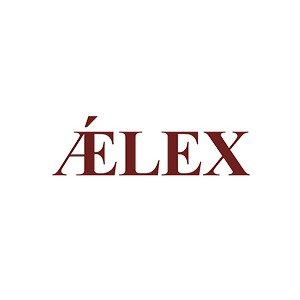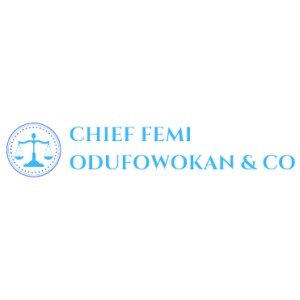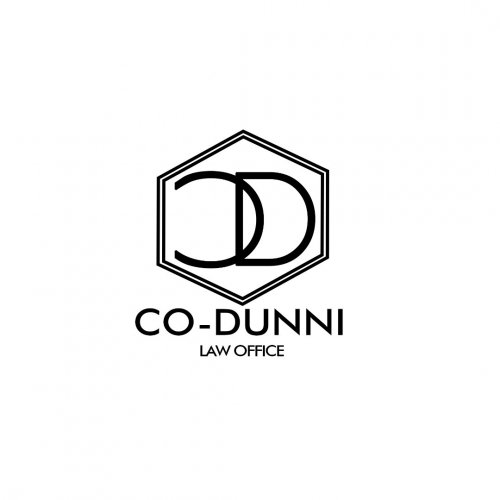Best Reinsurance Lawyers in Lagos
Share your needs with us, get contacted by law firms.
Free. Takes 2 min.
List of the best lawyers in Lagos, Nigeria
Legal guides written by Adeola Oyinlade & Co:
- Procedure and Requirements for Work Permit and Visas in Nigeria
- The Step-By-Step Procedure of How to Apply for Microfinance Bank License Online in Nigeria
- How to Ensure the Smooth Recognition and Enforcement of Foreign Judgments in Nigeria
About Reinsurance Law in Lagos, Nigeria
Reinsurance is an essential aspect of the insurance industry, involving insurance companies securing their liabilities by transferring portions of their risk portfolios to other insurers, referred to as reinsurers. In Lagos, Nigeria-one of the hubs of economic activities in the country-reinsurance plays a crucial role in stabilizing the financial strength and risk management capacity of local insurance companies. Nigerian reinsurance law governs the relationships and agreements between insurers and reinsurers, dictating the terms, conditions, and legal frameworks within which these entities operate. Understanding the reinsurance legal landscape in Lagos is vital for stakeholders, including insurers, reinsurers, policyholders, and legal professionals engaged in this field.
Why You May Need a Lawyer
Engaging with reinsurance services or involved entities might necessitate legal assistance in a variety of scenarios. Common situations include:
- Negotiating Reinsurance Contracts: Lawyers can assist in drafting and negotiating terms that protect your interests.
- Claims Disputes: Legal battles often arise from disagreements between insurers and reinsurers over claims settlements.
- Regulatory Compliance: Ensuring adherence to the Nigerian Insurance Regulator’s guidelines and other legal requirements.
- Arbitration and Mediation: Often preferred for resolving disputes in reinsurance contracts to avoid lengthy litigation.
- Conducting Due Diligence: Before entering reinsurance contracts, due diligence can avert future legal complications.
Local Laws Overview
Nigeria has a comprehensive set of laws that govern the insurance and reinsurance sectors. Key regulations include:
- Insurance Act 2003: This Act provides regulatory frameworks for the operations and management of insurance companies.
- NAICOM Regulation: The National Insurance Commission (NAICOM) oversees insurance and reinsurance companies, ensuring compliance with statutes and protecting policyholders' interests.
- Reinsurance Licensing: The law mandates that reinsurers must obtain a license from NAICOM to operate legally within Nigeria.
- Contract Validity: Reinsurance contracts require certain elements to be legally binding, such as agreement on premiums, coverage terms, and rights of assignment.
- Dispute Resolution Mechanisms: Established through arbitration clauses or the courts to handle conflicts.
Frequently Asked Questions
1. What is reinsurance?
Reinsurance is a process where an insurance company protects its financial stability by transferring risks it has underwritten to another insurance company, known as a reinsurer.
2. Is reinsurance mandatory in Nigeria?
Reinsurance is not mandatory, but it is a prudent business practice for managing risk and ensuring financial stability of insurance companies.
3. How does reinsurance benefit insurers?
Reinsurance allows insurers to maintain solvency, expand capacity to underwrite more policies, stabilize financial results, and protect against catastrophic losses.
4. Who regulates reinsurance in Lagos, Nigeria?
The National Insurance Commission (NAICOM) is responsible for regulating insurance and reinsurance activities in Nigeria.
5. Can individual policyholders engage directly in reinsurance?
Typically, reinsurance transactions occur between insurance and reinsurance companies. Individual policyholders generally do not engage directly in reinsurance.
6. What is a reinsurance treaty?
A reinsurance treaty is an agreement in which an insurer and reinsurer set terms for automatic transfer of risk within certain parameters over a fixed period.
7. What types of reinsurance contracts are available?
Key reinsurance contracts include proportional (share risk and premiums) and non-proportional (pay excess losses over a threshold) agreements.
8. How are reinsurance disputes resolved?
Disputes in reinsurance are often resolved through arbitration or mediation as stipulated in reinsurance contracts or through litigation in courts.
9. What happens if a reinsurer defaults?
If a reinsurer defaults, the primary insurer may bear the loss, illustrating the need to engage financially stable and trustworthy reinsurers.
10. What is retrocession?
Retrocession is when a reinsurer further spreads its risk by ceding portions of it to another reinsurer, known as a retrocessionaire.
Additional Resources
For further guidance and resources related to reinsurance, you may reach out to or visit the following:
- National Insurance Commission (NAICOM)
- Nigerian Council of Registered Insurance Brokers
- West African Insurance Institute (WAII)
- Association of Professional Reinsurers of Nigeria (APRO) - though informal, industry networks provide valuable insights.
Next Steps
If you require legal assistance with reinsurance, consider the following steps:
- Consult a Lawyer: Engage with a legal professional who specializes in insurance and reinsurance law.
- Gather Documentation: Prepare any relevant documentation, such as contracts, correspondence, and claims related to the issue.
- Evaluate Options: Discuss possible legal strategies, including negotiation, mediation, or litigation.
- Formulate a Plan: Work with your lawyer to develop a comprehensive plan to address the legal challenges you face.
- Stay Informed: Keep abreast of any changes in laws or regulations affecting reinsurance in Nigeria.
Lawzana helps you find the best lawyers and law firms in Lagos through a curated and pre-screened list of qualified legal professionals. Our platform offers rankings and detailed profiles of attorneys and law firms, allowing you to compare based on practice areas, including Reinsurance, experience, and client feedback.
Each profile includes a description of the firm's areas of practice, client reviews, team members and partners, year of establishment, spoken languages, office locations, contact information, social media presence, and any published articles or resources. Most firms on our platform speak English and are experienced in both local and international legal matters.
Get a quote from top-rated law firms in Lagos, Nigeria — quickly, securely, and without unnecessary hassle.
Disclaimer:
The information provided on this page is for general informational purposes only and does not constitute legal advice. While we strive to ensure the accuracy and relevance of the content, legal information may change over time, and interpretations of the law can vary. You should always consult with a qualified legal professional for advice specific to your situation.
We disclaim all liability for actions taken or not taken based on the content of this page. If you believe any information is incorrect or outdated, please contact us, and we will review and update it where appropriate.













